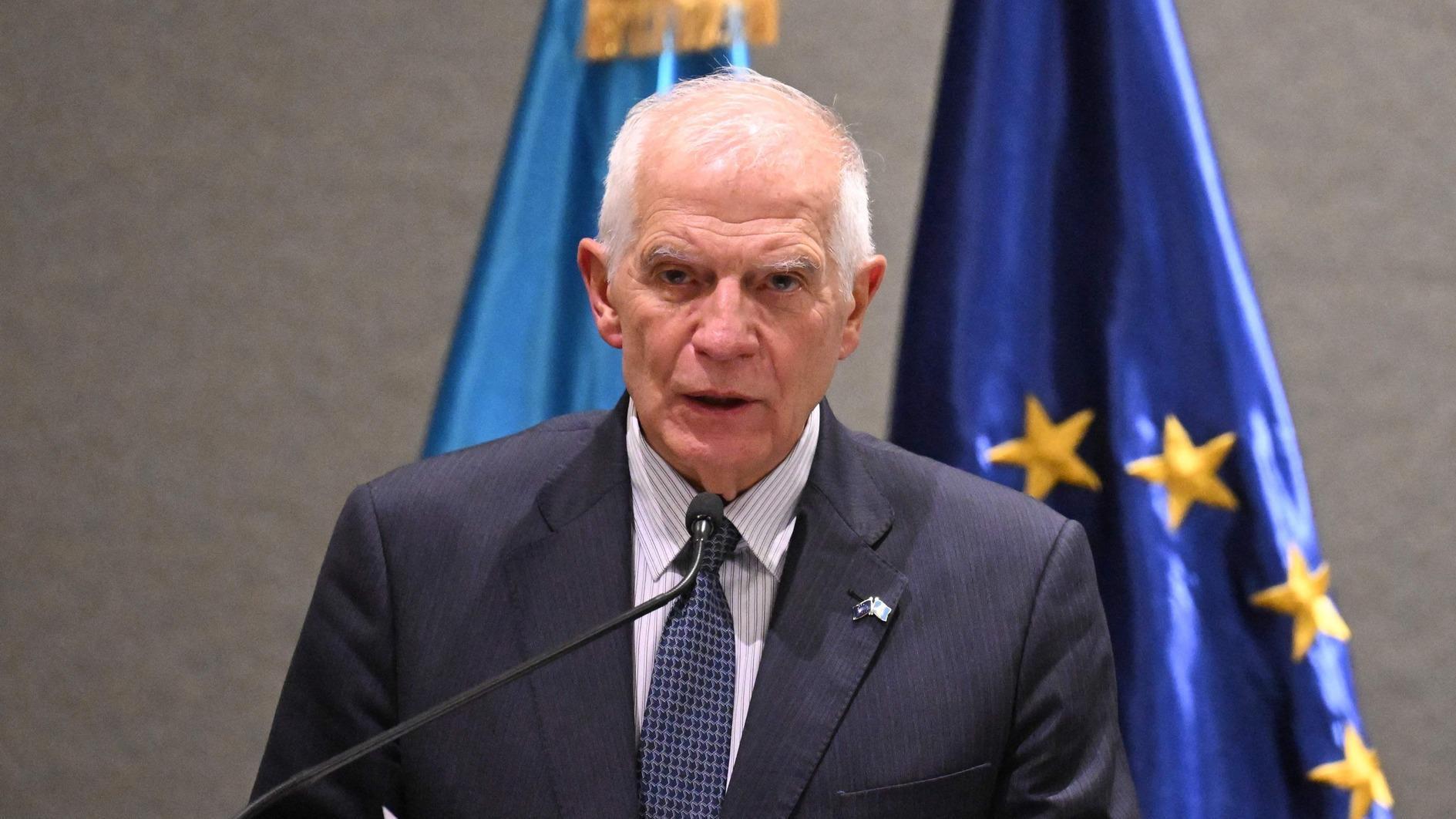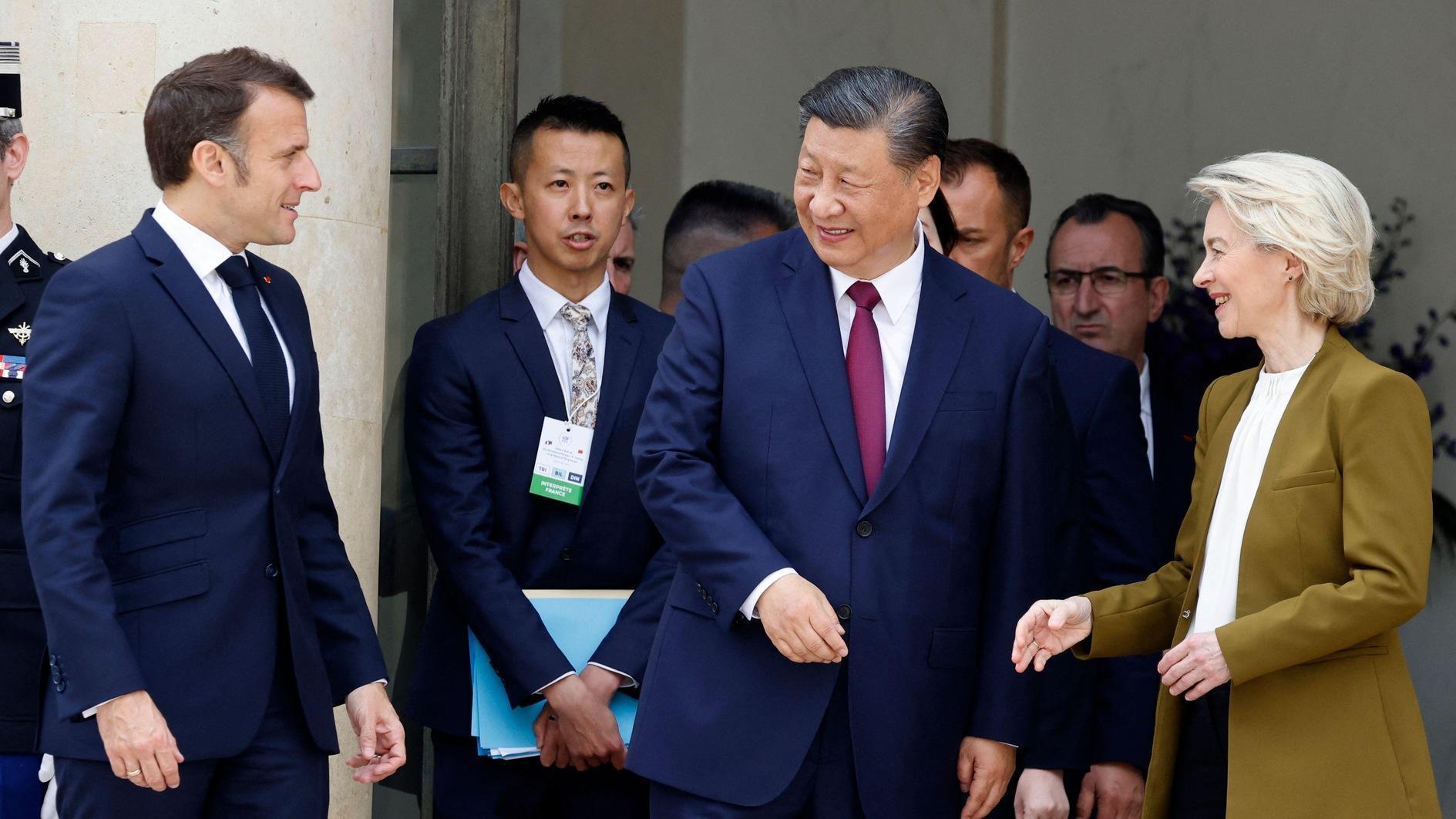Fed decision not enough to end economic uncertainty
The interest rate decision and the text of the decision to be made by the U.S. Central Bank Fed on Sept. 17 will be determinant in terms of global markets. It will especially provide a framework for global markets in the medium term.
The situation is a bit different for developing countries, though. The Fed decision will indeed be very important for these countries, but the decision countries make for themselves will become more determinant.
For instance, even if the Fed postpones its decision to increase interest rates, the uncertainties experienced in developing countries will continue because it is seen as certain that if the Fed does not make the decision on Sept. 17, then it will definitely do so by the end of the year. This decision is expected to work against developing countries because of the expectation that it will presage capital exits in general. Despite this, the economic executives of some developing countries issued a statement the other day saying, “The Fed should make this decision now so that a sign appears to end the uncertainties.”
It is for sure that with the Fed decision, there will be a change in global liquidity. More precisely, when the dosage and timing of interest rate increases become known, then the direction of the liquidity will also start to become definite. In connection with that, developing countries will now decide how to increase their own growth dynamics and which steps to take to clarify their liquidity policies. In short, developing countries need to implement new reform programs but the content of these programs will not be independent of the Fed decision. For this reason, officials of developing countries have reached a point where they want the Fed decision to be made immediately for them to start implementing reforms with no more delay even though the Fed decision to increase interest rates will be to their disadvantage.
The mobility in global liquidity has stemmed to a great extent recently from developing countries, primarily China, and this has increased the need for these countries to clarify and confirm their policies as soon as possible.
Turkey in different position
Uncertainties for emerging markets will not end when the Fed reveals its rate decision, but darker clouds may remain longer over Turkey than over others as it seems there will not be any government required to realize the reforms following the Fed’s decision.
As well as the expectations about the continuation of terror attacks in Turkey, possible hardships in the establishment of a new government after the upcoming elections have worried both local players and foreign investors.
Almost all business players and social circles insisted on the establishment of a coalition government after the June 7 elections, but politicians were not able to achieve this. This has triggered expectations that the political uncertainties in Turkey will last longer than in other emerging markets.
In sum, the Fed will make a decision very soon, but it will take longer for Turkey to draw a new line in the economy and the cost of this delay will increase in time.











